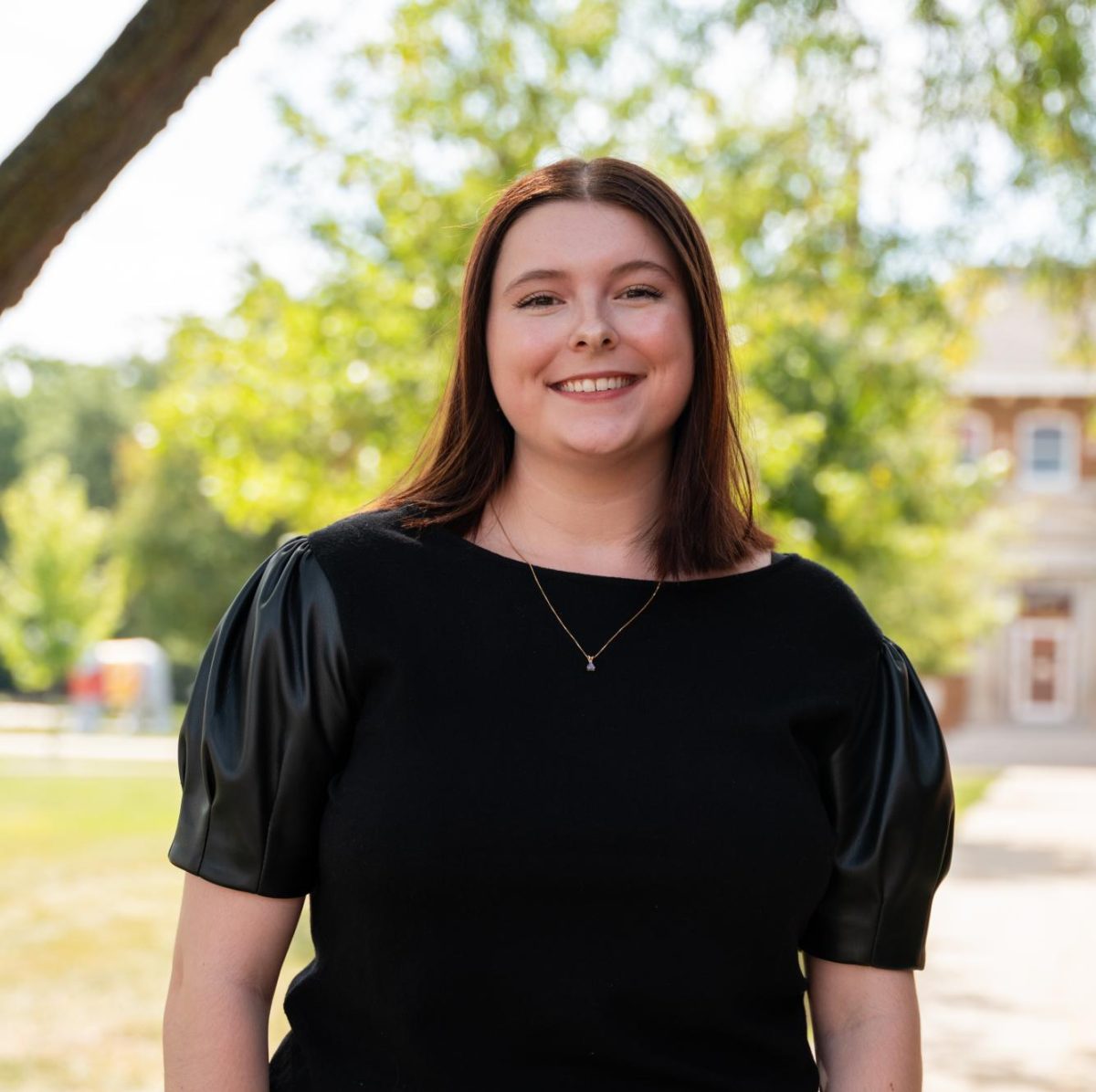Students to take part in protest of controversial School of the Americas
November 7, 2007
While the rest of campus is hanging out with friends and catching up on sleep, nine Simpson students and their adviser will spend the weekend of Nov. 16-18 at a protest vigil in Fort Benning, Georgia.
The students are making the 16-hour trip to participate in the annual protest at the Western Hemisphere Institute for Security Cooperation, formally known as the School of the Americas. The School of the Americas is a military base run by the United States Army that trains soldiers from Latin America in military combat.
Senior Tracy Robson is organizing the trip.
“The main goal is to close the school and change oppressive U.S. foreign policy in Latin America,” Robson said.
The School of the Americas has trained more than 60,000 Latin American soldiers since opening in the 1940s. Since that time, there has been controversy surrounding the school and its graduates.
Brian Steffen, professor of communication studies and department chair, is also attending the protest. According to Steffen, military leaders from Latin American countries are brought to the school to train in military arts.
“They’re taught how to attack, how to kill, how to neutralize, and in fact, the controversy is that a number of the graduates from the School of the Americas have become notorious dictators based on the training they’ve received.” Steffen said.
Other graduates have gone on to participate in death squads and coups in Latin American countries.
Formal protests at the School of the Americas began in November of 1990 to commemorate the deaths of six Jesuit priests, their housekeeper and her teenage daughter the year prior. Investigations showed that the group had been killed by soldiers, a majority of whom had been trained at the School of the Americas.
The protest lasts four days, with speakers and musicians performing throughout the weekend, leading up to the peace rally on Sunday.
Robson, who attended the event last year, said the protest is very moving.
“At the rally on Sunday morning, thousands of people march in a circle outside of the gates,” Robson said. “People are holding white crosses, each with the name of a person who’s been killed by a soldier trained at the school. The event takes five hours.”
After each name is read, the protestors say “Presente,” which Robson said means “we are remembering you and how you died for evil.”
According to Robson the event draws a diverse group of protestors.
“It was great seeing people there even more passionate that I am,” Robson said. “It was just a big hippie gathering, old people, kids and college students.”
The students hope to raise awareness with their trip. Robson first heard about the School of the Americas her freshman year from an Amnesty International group. After she returned from a study abroad program last year, she decided to make the trip herself.
“Last year I’d just gotten back from a study abroad to Central America,” she said. “This really pulled at my heartstrings. I am very interested in this area of the country.”
Sophomore Courtney Lezanic is making the trip for the first time.
“I didn’t know much about it,” Lezanic said. “It will be interesting to go and experience. I want to learn something.”
Steffen said he would really like to see the school closed and hopes that the protest will help that to happen.
“I, like a lot of people, am incredibly dismayed by the direction of this country over the last seven-or-eight years, but really even longer than that,” Steffen said. “We are a militaristic country, there’s no way around it. In my view, we are no different than any militaristic empire that ever ruled the planet. So, if my going down there is one more blow against the empire, so be it.”
When they return from Georgia, the group hopes to educate others about their trip and their cause.
“I’d really like to raise awareness,” Robson said. “Last year wasn’t terribly organized, but when we got back I told everyone I saw. This time we’d like to open up to campus to share our experience.”
Steffen said the students are performing one of their most important duties as Americans by participating.
“Protest is one of the highest duties of a citizen of a democracy,” Steffen said. “If nothing else, one of the things we try to teach our students is the importance of being involved in communities- local, state, regional and national communities- and this is one of the ways to be involved in that. To see even a handful of Simpson students willing to invest a weekend to be part of a much larger voice, I think, is remarkable.”




